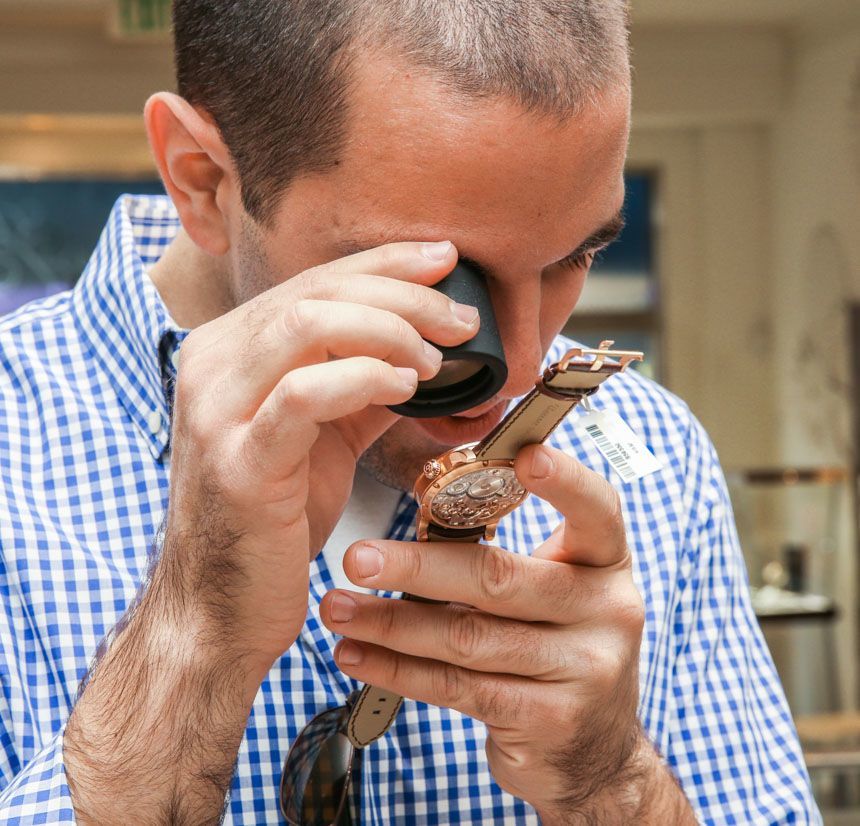
So, are you being influenced as a watch collector? Maybe you want to be. How do you make purchase decisions when it comes to those watches that enter your “collection?” I’d like to talk about that a bit, as I’ve found in my experience that collectors fall into one of two very different categories – and one cannot exist without the other.
First, I am going to talk about another two categories of watch buyers, and then I’ll get back to what I was just talking about. aBlogtoWatch audience members consist of people who buy watches to wear and enjoy, and then there is a smaller subset of those buyers who consciously “collect.” What is a collector? Well, the definition of a “watch collector” is something for another discussion. I’ve tried to start articles on more than one occasion tackling this issue, but thus far, I am not convinced – even in my prolific travels and meetings with real watch collectors all around the world – that I am knowledgeable enough to really succeed at explaining the watch collector species.
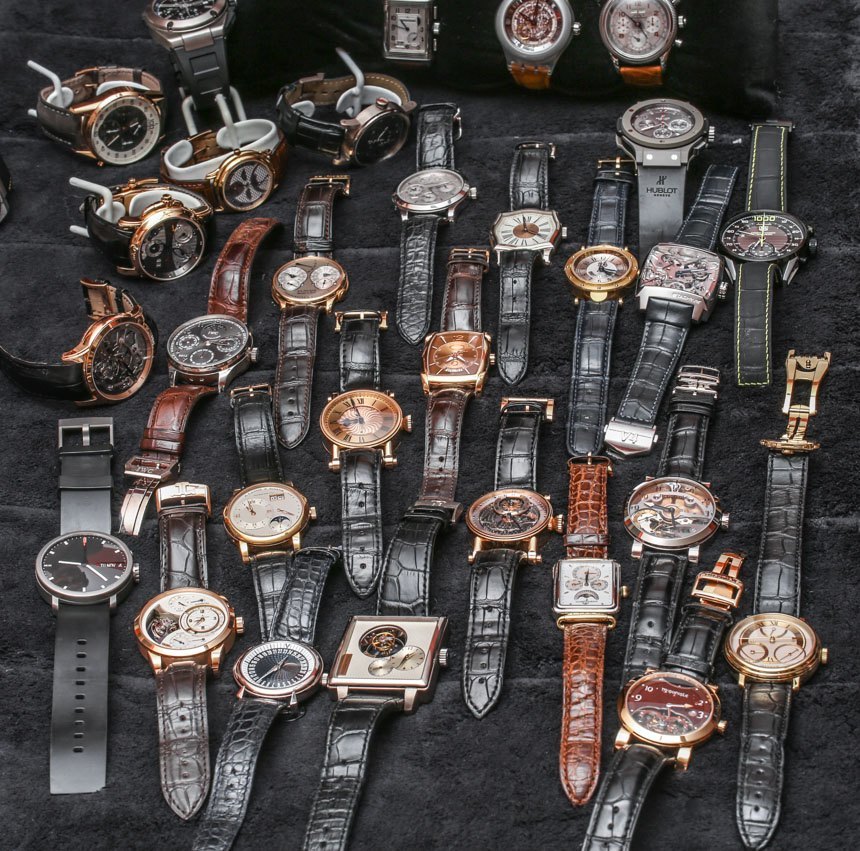
One reason for that is because I distinctly fall into the wrong category of watch collector myself (I think it is safe to say that I am one), as I am not terribly bothered with what other watch collectors are doing. You see, my own personal fascination with watches is very much about the item and not so much about the other people who also like it. That makes me one of the rare ones because more collectors don’t follow that behavior.
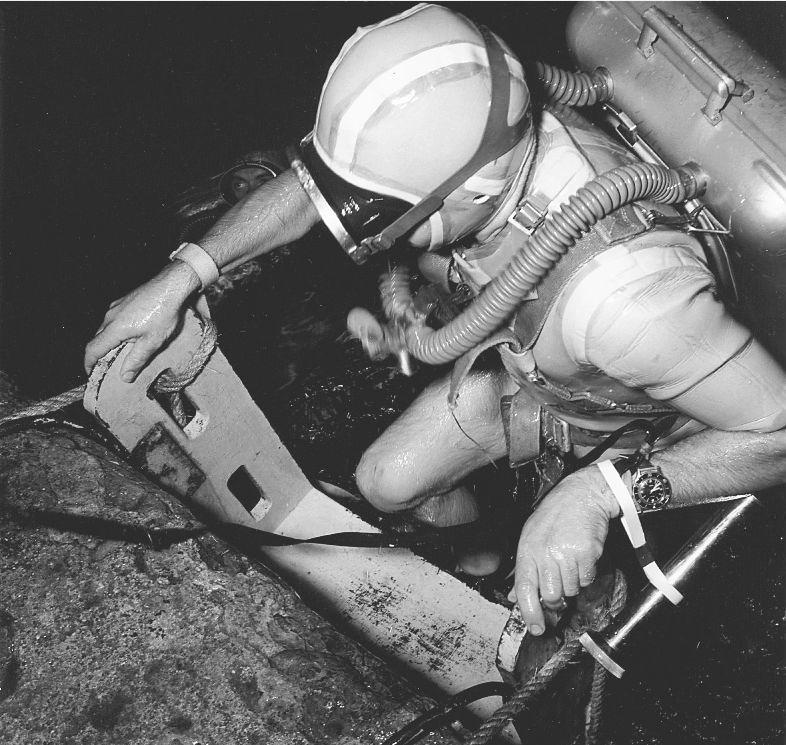
“Passion for a particular item, genre, period, technique, material is a key element to being a collector” – this image of Bob Maloubier tells the unique story of a highly technical piece that is now a collector’s item, the original Blancpain Fifty Fathoms.
Watch collectors and collectors of just about anything else all begin with the same emotion – and it is this emotion that binds us all together: passion. Passion for a particular item, genre, period, technique, material, or whatever is how we choose to dedicate a large portion of our valuable time to being interested in these hobbies. We have a real interest in something, and we want to explore the past, present, and future of that thing which we are passionate about. If it’s an object that’s not too expensive, and one can buy it, then you have people hoarding these things, ideas, or otherwise rarefied items with as much of their expendable income as they can afford. I actually have a developing theory that collecting is a manifestation of our desire to find perfection in the world. We find some hobby that we feel we are good at and that brings us intellectual pleasure, and in doing so, we get to search for perfection by seeking out the “best” of something. Sure, we also like variety, but when it comes down to it, collecting is about finding grails, ideally, the ones we can never actually acquire.
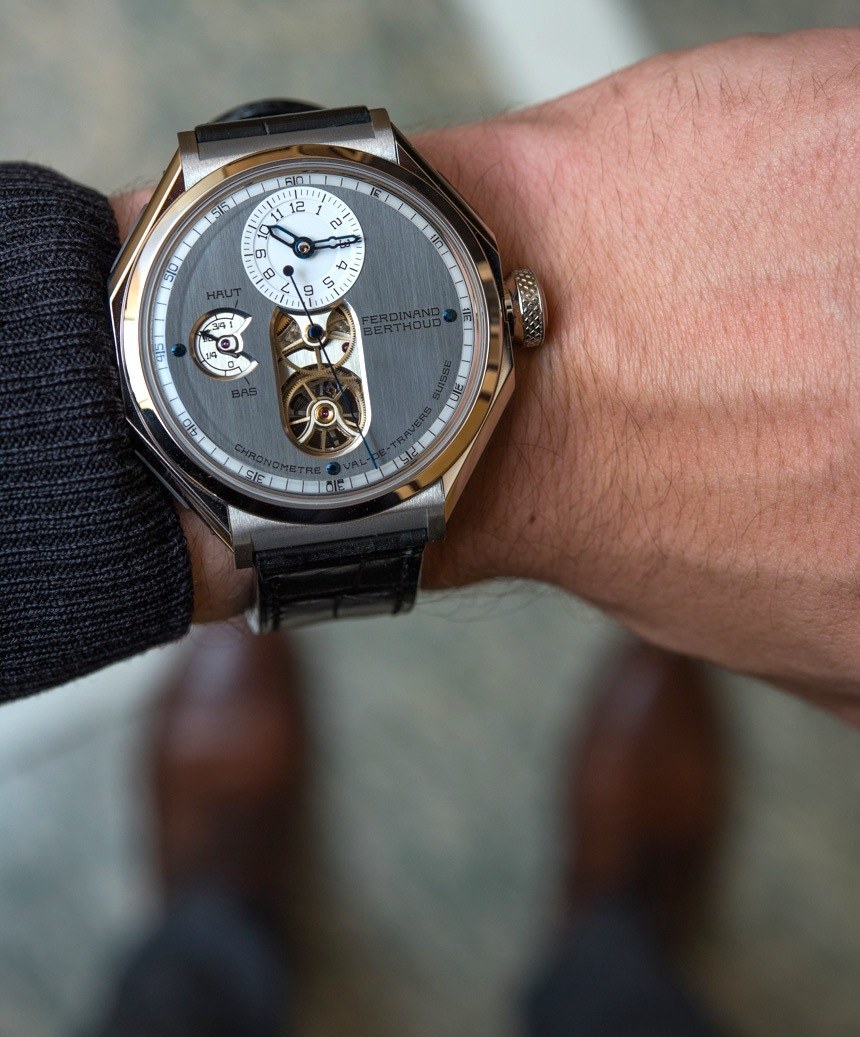
“When it comes down to it, collecting is about finding grails, ideally, the ones we can never actually acquire.”
Once you’ve developed and realized your passion for something, you then need to decide what type of collector you are – and this happens very early in life. There are those collectors (in my experience, they tend to represent the majority, even if many of them don’t want to actually admit they fall into this category for some reason) that look for leading voices and wish to follow opinion leaders as a means of making future purchase decisions. Then there are those arguably antisocial collectors who develop their desires for acquisition based purely on a particular set of aesthetic or physical traits that an item may have, in utter disinterest toward what other collectors may do.
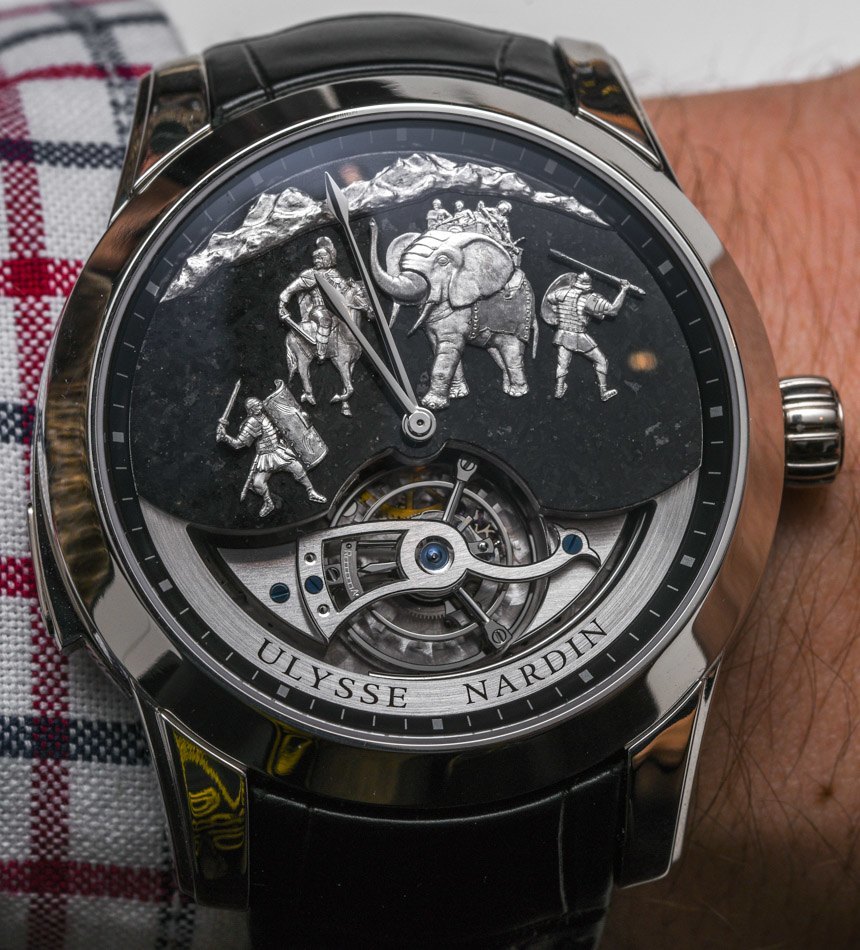
“…In some ways, these are the guys who everyone wants to be, but essentially, you either are or you aren’t.”
One irony of this dichotomy is that the overly influenced collectors are always telling themselves to make more decisions based on their own tastes, and the more antisocial collectors are always struggling with taking good advice from others about their next purchase moves. The grass is always greener, right?
The highly subjective collectors (how I’ll now refer to the previously mentioned “antisocial” ones) are the more difficult of the two to explain, but without them collecting in that way, the watch industry would not really exist. These are the collectors whose next purchase moves you can never predict. These are the guys who start trends, often cause others to begin bidding wars at auction, and get the community interested in a new thing or way of appreciating a previously unknown thing. In other words, these are the people who are actually doing the top-level collecting that eventually ends up influencing the larger collector market. In some ways, these are the guys who everyone wants to be, but essentially, you either are or you aren’t.

“Subjective collectors only seem to operate that way because they literally don’t care what other people think about their decisions.”
What a lot of people don’t realize is that there are no magic “Rain Man”-like powers at work in how these collectors make their decisions. In the financial markets, these are the people who take risks for sometimes unknown reasons and cause investors to rapidly follow their every move. Ideally, these are men and women who make good decisions, so that when other people follow them, those followers will be rewarded at least most of the time. Everyone wants a magic genie, right? Subjective collectors only seem to operate that way because they literally don’t care what other people think about their decisions. That allows them to make mostly uninfluenced decisions, and they then care more “purely.”
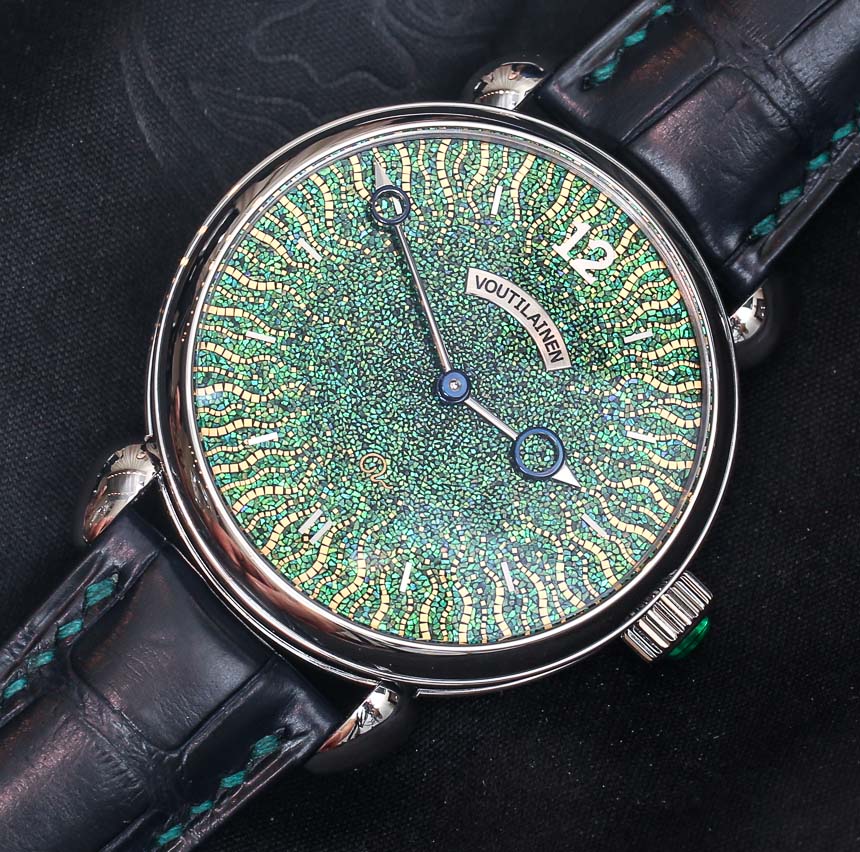
“You think Philippe Dufour and Kari Voutilainen high-five each other on really kicking it up a notch? No. They don’t really get the big deal of their work because it comes naturally to them.”
This helps those with true talent and skill to make the best things happen. These are the people who we are looking for in life. Think of all those master watch makers out there today who nonchalantly perform their tasks and make cool stuff to the utter amazement of so many people. You think Philippe Dufour and Kari Voutilainen high-five each other on really kicking it up a notch? No. They don’t really get the “big deal” of their work because it comes naturally to them. They are nerds in their own world trying to keep up their own standards. That collectors out there are willing to pay them to make this stuff feels like a blessing more than a just reward sometimes. These are lucky men and women because there exists a collector base of watch lovers who think they can find the answer to perfection in high-horology watchmaking.
